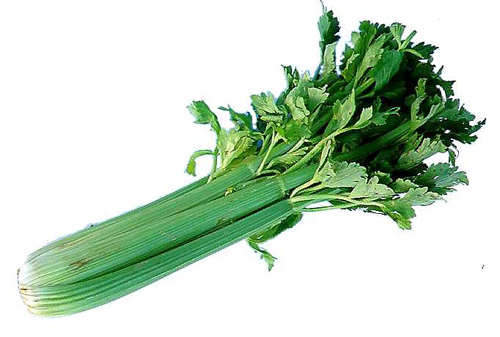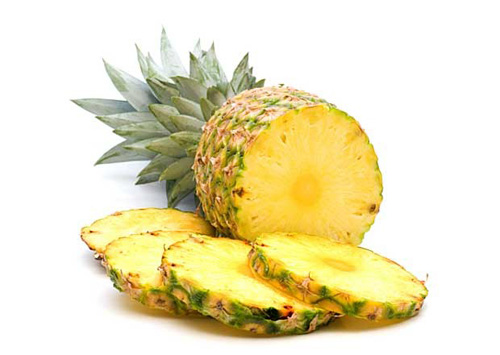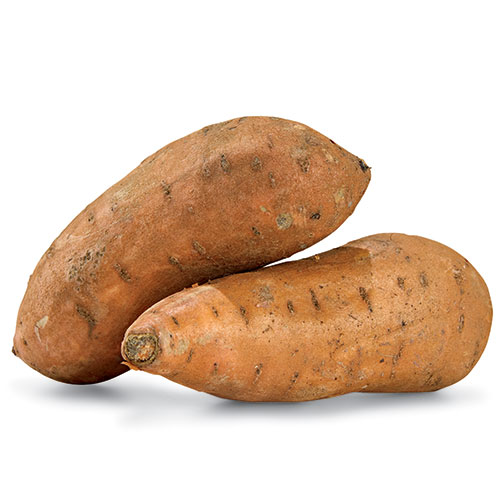The health benefits of watermelon are really great. No matter how it is sliced, it is packed with some of the most important antioxidants found in nature.
It is an excellent source of vitamin C and a very good source of vitamin A, particularly through its concentration of beta-carotene.
The beautiful red watermelon is also a source of the potent carotene antioxidant which is called lycopene. These antioxidants travel throughout the body neutralizing free radicals. Free radicals are substances in the body that can cause much damage to us. They are able to oxidize cholesterol, making it stick to blood vessel walls and thicken them which can lead to hearty attack or stroke. The lycopene which gives fruits the attractive red color that we find in watermelon can help reduce the risks of prostate cancer.
It is a surprising fact that watermelon is the only fruit that contains higher concentrations of lycopene than any other fresh fruit or vegetable.
Watermelon is a fruit that is rich in electrolytes sodium and potassium that we lose through our perspiration.
Watermelon is rich in the B vitamins necessary for energy production. Food experts recommend watermelon as a very good source of vitamin B6 and a good source of vitamin B1 and magnesium. Because of its higher water content approximately ninety percent and calorie value it is ranked more valuable than other fruits.
Watermelon has a special cooling effect and is exceptionally high in citrulline, an amino acid that our bodies use to make another amino acid, arginine, which is used in the urea cycle to remove ammonia from the body.
The antioxidants help reducing the severity of asthma. It also reduces the risk of colon cancer, asthma, heart disease, rheumatoid arthritis, and prostate cancer.
Watermelon is a good source of thiamin, potassium and magnesium which protect our body from so many diseases.
Watermelon is fat free but helps energy production. It protects against macular degeneration.
When the heat of summer tires us with thirst, eating watermelon is a safe alternative to taking energy drinks. Since it contains high water quantity it can hydrates us whereas other drinks are caffeine filled energy drinks which can easily dehydrate us. Nothing can be more satisfactory on a hot, dusty day than a crisp, juicy slice of watermelon!




